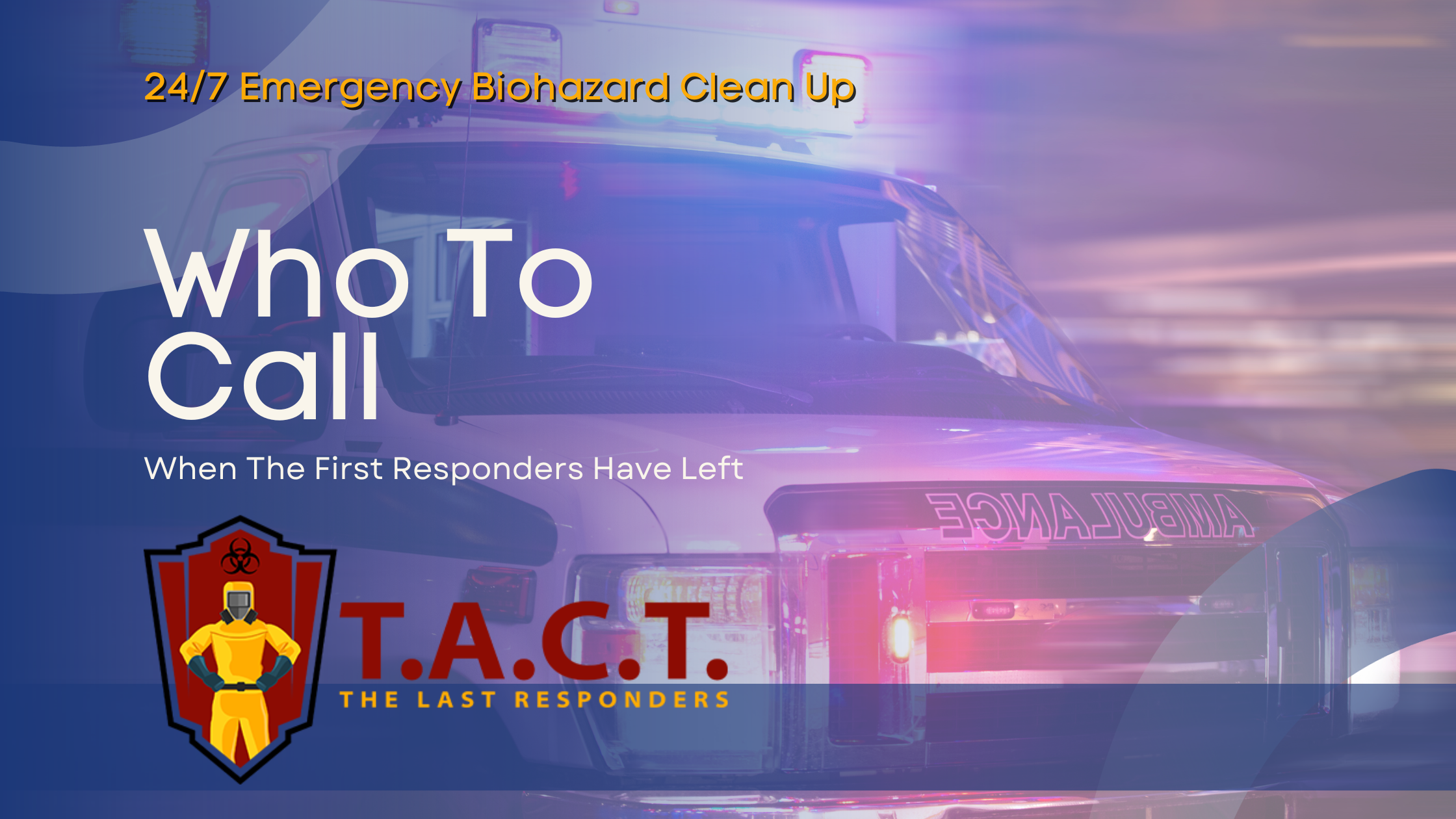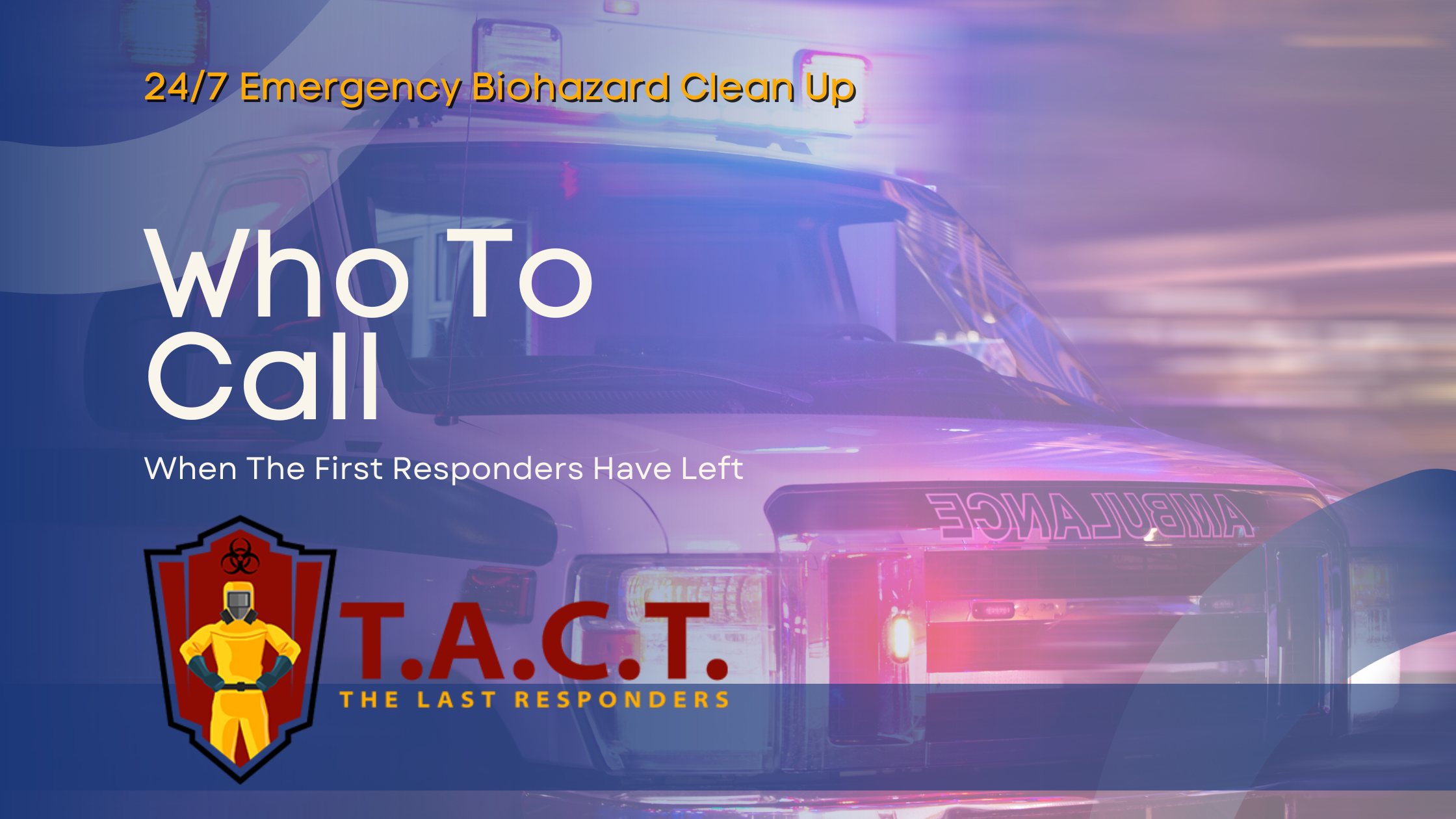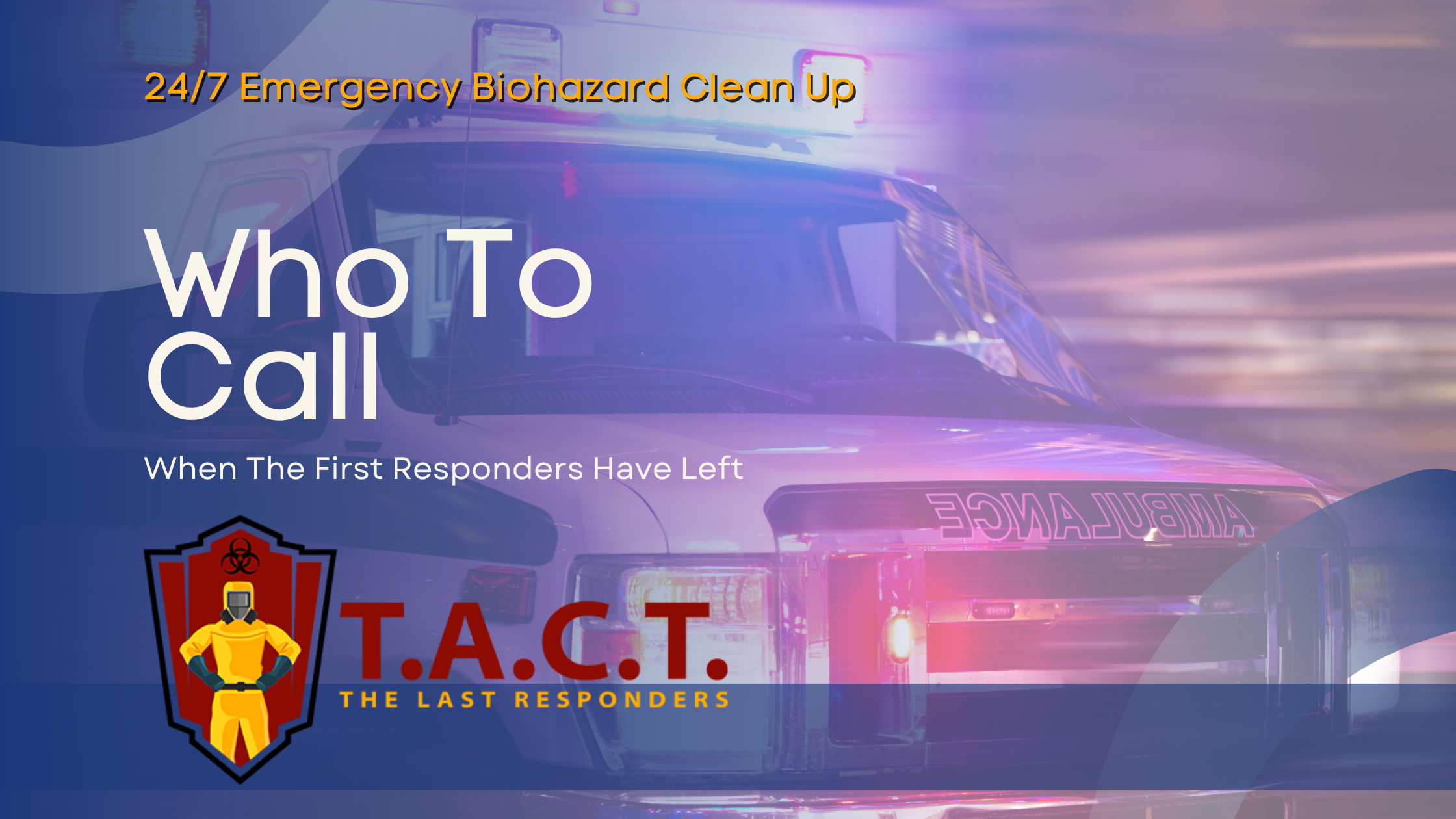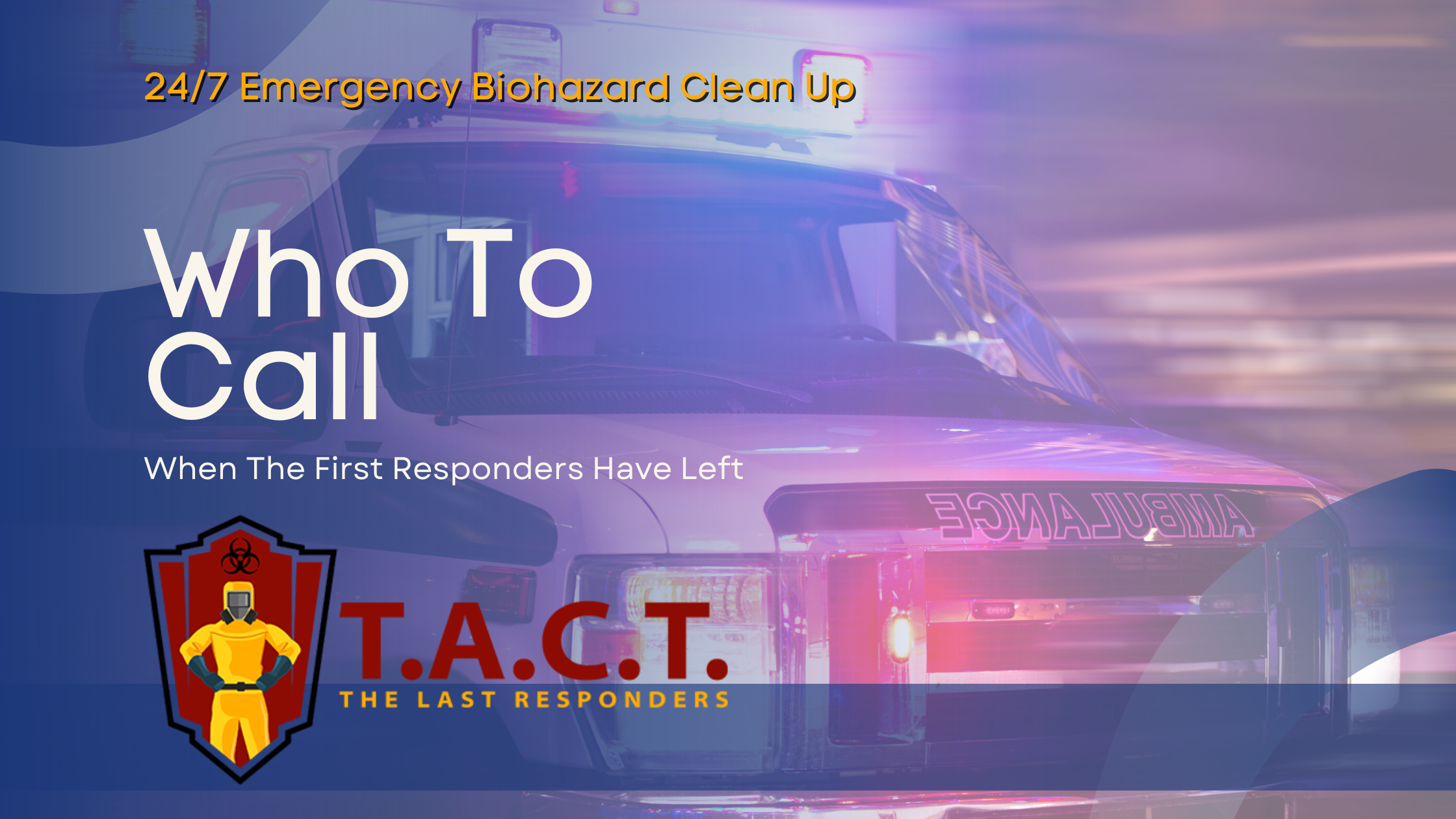Understanding toxic megacolon symptoms

Understanding Toxic Megacolon: Symptoms, Causes, and Treatment Options
Introduction to Toxic Megacolon
Toxic megacolon is a rare, life-threatening condition involving severe colon disease, often linked to inflammatory bowel disease (IBD), especially ulcerative colitis and Crohn’s disease.
It causes the colon to become inflamed and dilated beyond normal size, leading to systemic toxicity and potentially severe complications.
Immediate medical treatment is necessary to prevent life-threatening complications, such as blood loss, sepsis, and death.
The condition can be triggered by various factors, including infections like Clostridium difficile and pseudomembranous colitis.
Understanding the symptoms, causes, and treatment options is crucial for patients with inflammatory bowel diseases to manage their condition effectively.
Causes and Risk Factors
Inflammatory bowel disease (IBD), including ulcerative colitis and Crohn’s disease, is a primary cause of toxic megacolon.
Other risk factors include colon infections, such as Clostridium difficile, and certain medications that can disrupt the balance of gut bacteria.
Severe colon disease, fulminant ulcerative colitis, and ischemic colitis can also increase the risk of developing toxic megacolon.
Patients with a transplanted organ, kidney failure, or a weakened immune system are more susceptible to toxic megacolon.
Certain health conditions, such as diabetes, colon cancer, and COPD, can also contribute to the risk of toxic megacolon.
Risk for Toxic Megacolon
People with active inflammatory bowel disease, especially those with ulcerative colitis, are at a higher risk for toxic megacolon.
Patients with a history of severe colitis, colon cancer, or other digestive tract conditions are also more likely to develop toxic megacolon.
Other risk factors include low blood flow, severe abdominal pain, and certain medications that can exacerbate the condition.
Understanding the risk factors and taking preventive measures can help reduce the likelihood of developing toxic megacolon.
Regular health check-ups and monitoring of inflammatory bowel disease can help identify potential risks early on.
Symptoms of Toxic Megacolon
Symptoms of toxic megacolon include severe diarrhea, abdominal pain, belly swelling, fever, and low blood pressure.
Other symptoms may include rapid heart rate, shallow breathing, and altered mental status.
Decreased bowel sounds, abdominal tenderness, and blood in the stool can also be indicative of toxic megacolon.
It is essential to seek immediate medical attention if symptoms worsen or if new symptoms appear.
Early recognition of symptoms can help prevent severe complications and improve treatment outcomes.
Diagnosing Toxic Megacolon
Diagnosing toxic megacolon involves a comprehensive health history, physical exam, and laboratory tests, including blood tests and imaging studies like CT scans.
A healthcare provider will evaluate the patient’s symptoms, medical history, and test results to confirm the diagnosis.
The diagnosis of toxic megacolon is often based on the presence of systemic toxicity, colon dilation, and severe symptoms.
Early diagnosis is critical to prevent life-threatening complications and improve treatment outcomes.
A thorough diagnosis can help identify the underlying cause of toxic megacolon and guide treatment decisions.
Treatment Options
Treatment for toxic megacolon typically involves a combination of medications, bowel rest, and IV fluids to control inflammation and prevent dehydration.
Antibiotics, such as vancomycin and metronidazole, may be prescribed to treat underlying infections.
In severe cases, surgical management may be necessary to prevent complications like colon perforation.
Patients with toxic megacolon often require hospitalization and close monitoring to manage their condition effectively.
A healthcare professional’s instructions should be followed carefully to ensure the best possible outcome.
Complications of Toxic Megacolon
Untreated toxic megacolon can lead to severe complications, including blood loss, sepsis, and death.
Other potential complications include colon perforation, peritonitis, and organ failure.
Patients with toxic megacolon are at risk of developing life-threatening conditions, such as colon sepsis and toxic dilatation.
Early medical treatment can help prevent these complications and improve treatment outcomes.
It is essential to seek immediate medical attention if symptoms worsen or if new symptoms appear.
Possible Complications of Toxic
Possible complications of toxic megacolon include severe abdominal pain, belly swelling, and decreased bowel sounds.
Other potential complications include ischemic colitis, pseudomembranous colitis, and fulminant colitis.
Patients with toxic megacolon are at risk of developing infectious diseases, such as Clostridium difficile infection.
Understanding the possible complications can help patients and healthcare providers take preventive measures and manage the condition effectively.
Regular monitoring and follow-up care can help identify potential complications early on.
Survive Toxic Megacolon
Surviving toxic megacolon requires prompt medical attention, aggressive treatment, and close monitoring.
Patients with toxic megacolon should follow their healthcare provider’s instructions carefully to ensure the best possible outcome.
It is essential to manage underlying conditions, such as inflammatory bowel disease, to reduce the risk of developing toxic megacolon.
A comprehensive treatment plan, including medications, bowel rest, and IV fluids, can help patients survive toxic megacolon.
Early recognition of symptoms and prompt medical attention can significantly improve treatment outcomes.
Managing Underlying Conditions
Managing underlying conditions, such as inflammatory bowel disease, is crucial to reducing the risk of developing toxic megacolon.
Patients with IBD should work closely with their healthcare provider to manage their condition effectively.
This may involve medications, lifestyle changes, and regular monitoring to prevent complications.
Understanding the underlying causes of toxic megacolon can help patients take preventive measures and manage their condition effectively.
A comprehensive treatment plan can help patients with IBD reduce their risk of developing toxic megacolon.
Prevention and Recovery
Prevention and recovery from toxic megacolon involve managing underlying conditions, such as inflammatory bowel disease, and taking preventive measures.
Patients should follow their healthcare provider’s instructions carefully and attend regular follow-up appointments.
A healthy lifestyle, including a balanced diet and regular exercise, can help reduce the risk of developing toxic megacolon.
Understanding the risk factors and taking preventive measures can help patients recover from toxic megacolon and reduce the risk of recurrence.
A comprehensive treatment plan can help patients with toxic megacolon recover and manage their condition effectively.
Outcome and Prognosis
The outcome and prognosis for patients with toxic megacolon depend on various factors, including the severity of the condition and the effectiveness of treatment.
Early recognition of symptoms and prompt medical attention can significantly improve treatment outcomes.
Patients who receive aggressive treatment and close monitoring are more likely to survive toxic megacolon.
Understanding the outcome and prognosis can help patients and healthcare providers make informed decisions about treatment and care.
A comprehensive treatment plan can help patients with toxic megacolon achieve the best possible outcome.
Latest news

Professional unattended death cleanup in Atlanta. Expert technicians handle decomposition cleanup safely with specialized equipment. 24/7 emergency response available.
Read More

